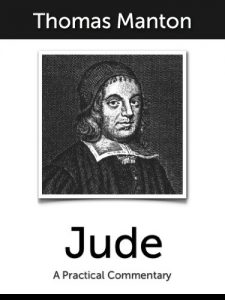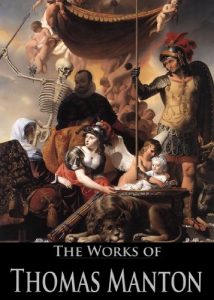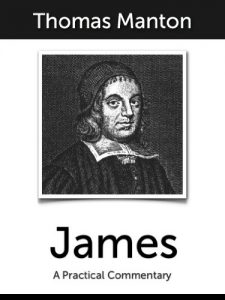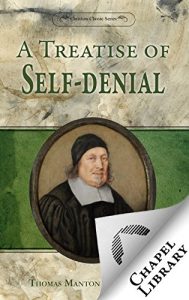Thomas Manton's commentary on James is one of the lasting works of the Puritan era.
J.C. Ryle championed the republication of Manton's works in the 19th century. He wrote,
"Manton’s chief excellence as a writer, in my judgment, consists in the ease, perspicuousness, and clearness of his style. I find it easier to read fifty pages of Manton’s than ten of some of his brethren’s; and after reading, I feel that I carry more away.
Let no one, moreover, suppose that because Manton’s style is easy, his writings show any lack of matter and thought. Nothing of the kind. The fertility of his mind seems to have been truly astonishing. Every page in his books contains many ideas, and gives you plenty to think about.
If Manton never soars so high as some writers, he is, at any rate, never trifling, never shallow, never wearisome, and never dull."
On Manton's practical commentary on Jude, Spurgeon notes: "Manton's work is most commendable."
J.C. Ryle championed the republication of Manton's works in the 19th century. He wrote,
"Manton’s chief excellence as a writer, in my judgment, consists in the ease, perspicuousness, and clearness of his style. I find it easier to read fifty pages of Manton’s than ten of some of his brethren’s; and after reading, I feel that I carry more away.
Let no one, moreover, suppose that because Manton’s style is easy, his writings show any lack of matter and thought. Nothing of the kind. The fertility of his mind seems to have been truly astonishing. Every page in his books contains many ideas, and gives you plenty to think about.
If Manton never soars so high as some writers, he is, at any rate, never trifling, never shallow, never wearisome, and never dull."
On Manton's practical commentary on Jude, Spurgeon notes: "Manton's work is most commendable."









